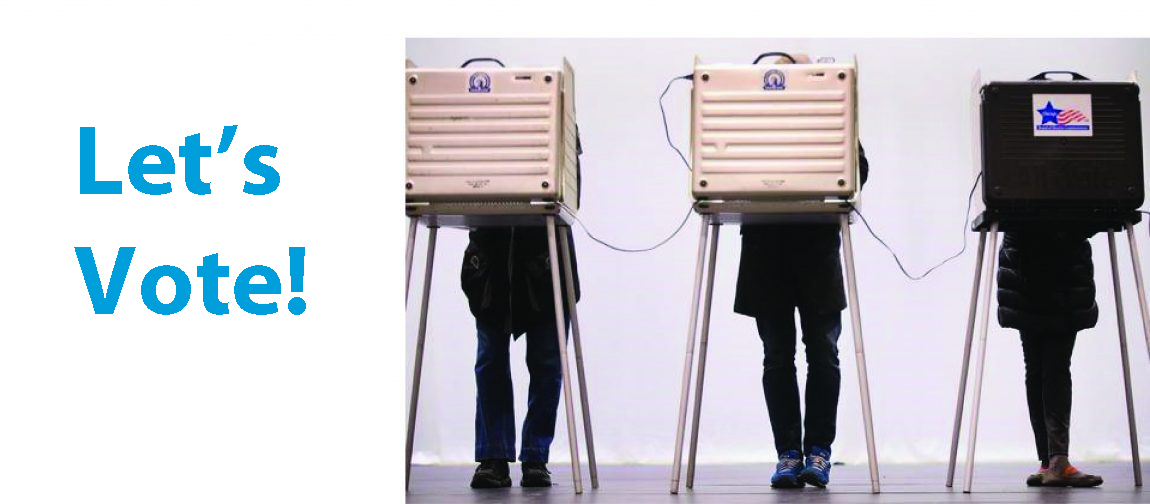By Steve Hamelman
U.S. Representative Tom Rice, serving South Carolina’s 7th District, has issued a three-question survey addressing the impeachment inquiry into President Donald Trump.
The questions are simple. Citizens are asked to either support impeachment, oppose it, or express indecision about it.
This disclaimer is attached: “By participating in this survey, you agree to receive additional communications from Congressman Tom Rice’s office.”
Hear the skeptic: “Is Representative Rice really interested in what his constituents think, or is this a ploy to disseminate pro-Trump 2020 content?”
Skeptical or not, one has the chance to be heard here.
At this critical juncture in the nation’s history, the Horry County Democratic Party encourages voters wishing to expand on the survey’s one-click options to email Rice at https://tomriceforms.house.gov/contact/.
South Carolinians can also share their feelings with Republican Senators Lindsey Graham and Tim Scott.
Meanwhile, here is an overview of the impeachment inquiry.
The Vote
On 31 October 2019, the U.S. House of Representatives voted on whether or not to pursue the impeachment of Donald John Trump, 45th President of the United States of America.
All Democrats save two voted yea; all Republicans (including Tom Rice) voted nay.
Tally: 232 to 196.
The yea’s prevailed.
Assuming the process proceeds without undue (i.e. unconstitutional) hijinx, the House will likely hold its final vote in mid-December, giving the Senate its chance to quash impeachment sometime in January 2020.
Senate Republicans number 53; Democrats number 45. There are two Independent senators.
Thanks to total Republican resistance, impeachment looks unlikely as 60 affirmative votes are required for the president to be convicted.
The Reason for Impeachment
Accused of abusing his presidential power by, among other things, pressuring Ukrainian President Volodymyr Zelensky to investigate the business connections in Ukraine of former Vice-President and Democratic presidential candidate Joe Biden’s son Hunter Biden, President Trump became liable for impeachment. He is the fourth American president to have compelled Congress to initiate this ignominious but necessary process.
According to the allegation(s) at the core of the inquiry, Trump, speaking to Zelensky by telephone on 25 July 2019, “requested” (“I would like you to do us a favor though”) to “find out” things related to his rival. The goal was to gain political leverage in the 2020 presidential campaign now underway.
The consequences meted out to Ukraine for not complying with Trump’s request—the evidence of which is contained in a transcript of the telephone call—would be the suspension, at least temporarily, of U.S. military aid to Ukraine, which is embroiled in a war with Vladimir Putin and Russia—enemies of American allies in the region and the United States itself.
The Whistleblower
Troubling signs of instability in American-Ukrainian relations had occurred before a “whistleblower”—a still anonymous employee at the Central Intelligence Agency who was privy to the Trump/Zelensky interchange—filed his “urgent and credible” complaint to Joseph Maguire, the Acting Director of National Intelligence, on August 12.
Public Radio International reporter Indra Ekmanis notes that “[t]he complaint was filed Aug. 26, but Maguire, after refusing to do so and ignoring a subpoena, only provided it to Congress on Sept. 25.”
Here is the first paragraph of the whistleblower’s complaint:
In the course of my official duties, I have received information from multiple U.S. Government officials that the President of the United States is using the power of his office to solicit interference from a foreign country in the 2020 U.S. election. This interference includes, among other things, pressuring a foreign country to investigate one of the President’s main domestic political rivals. The President’s personal lawyer, Mr. Rudolph Giuliani, is a central figure in this effort. Attorney General Barr appears to be involved as well.
A day later (August 27), according to Ekmanis, “[m]ore than 300 national security professionals sign[ed] their names to a statement supporting the impeachment inquiry.”
Coming out in the Wash
The impeachment process has picked up considerable steam despite Republican resistance.
Led by the usual A-list suspects Secretary of State Mike Pompeo and Giuliani, this resistance was abetted from the start by hardliners such as White House counsel Pat Cipollone and talk radio “personality” Laura Ingraham.
But their outcries and obstruction have not halted a steady flow of depositions, transcripts, and hearings.
The most visible of these have been two days of public testimony, first on Wednesday, November 13, then on Friday November 15.
On that Wednesday, Bill Taylor, former American diplomat in Ukraine, and George Kent, a State Department official, supported the whistleblower’s complaint.
On that Friday, it was Marie Yovanovitch’s turn to expose the machinations of Giuliani and his associates.
Yovanovitch’s position as U.S. Ambassador to Ukraine was summarily cut short in May 2019 as a result of Giuliani’s smear tactics against her. Yovanovitch is one of several career officials (33 years of national service in her case) who have been casualties of Trump’s policies in Ukraine.
Other significant, though less well-known, characters attached to Yovanovitch’s ouster are Trump operatives Rick Perry, Kurt Volker, and Gordon Sondland (the so-called “three amigos”). Meanwhile, Fiona Hill, Trump’s erstwhile national security adviser on Russia, underwent a nine-hour deposition on October 14 and revealed Trump’s abuse of power vis-à-vis Yovanovitch.
The Shame of It All
Unlike Trump’s victory over Hillary Rodham Clinton, which flabbergasted millions of red and blue voters alike, the impeachment inquiry seems to have surprised no one at all.
How sad to say that an inevitable outcome of Donald Trump’s election was the fact that more than half of the nation’s elected representatives would find reason to impeach him before the end of his third year.
His dubious practices, his erratic decisions, his endless dissembling, his treaty-breaking impulsiveness, his crooked insiders, his toxic secrecies (women, real estate, tax evasions)—all of these came to a fine point in a telephone conversation with an inexperienced Ukrainian leader, rattled by both Russia’s Putin and the U.S.A.’s Trump.
To investigate the investigation—that is, to examine the minutiae of venality that the impeachment process has laid bare to the American citizen wishing to know every last ugly detail of what has been occurring for years under Trump’s watch—is to come face to face with an America that must be redeemed before our global credibility is shot for good.
Let’s hope that by clicking “In favor of impeachment,” the survey-taker convinces Tom Rice that his or her decision is not motivated by partisanship.
The health and wealth of the nation, not the party, is inseparable from what happens on Capitol Hill in the next two months.
Stay Tuned
According to CNN, public hearings will continue during the week of November 18-22. The schedule this week includes Kurt Volker, Gordon Sondland and Fiona Hill.
After the Thanksgiving recess, the House Intelligence Committee will submit a summary of its findings/recommendations. The House Judiciary Committee will then take over, voting on articles for impeachment around the second week of December.
Until that fateful day, take the survey (or not), and keep the faith.






